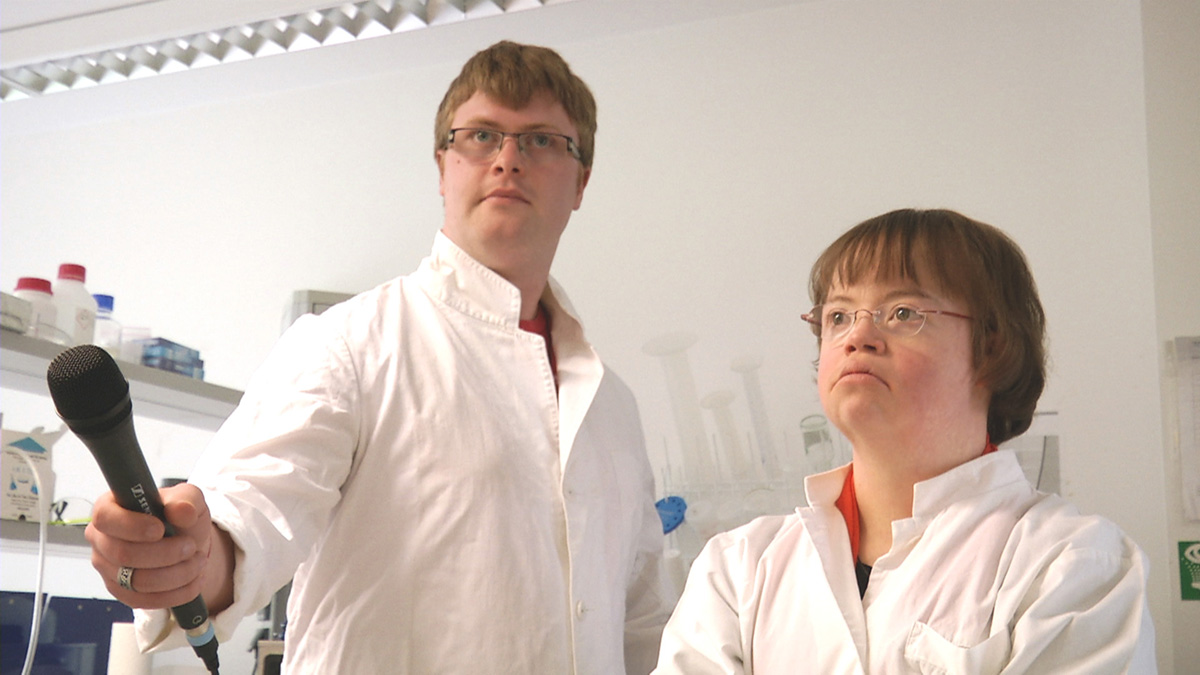
Down syndrome is a lifelong condition so the care takers and health care providers should be familiar with all the involved risks and methods of detecting complications in advance. Some of these complications could also be life threatening depending on how early they are diagnosed, how the patient responds to them and the treatment.
There are several known complications. An inborn heart defect is a problem occurring in approximately 50 % in children with syndrome, and that can cause a life disability or even be life threatening. This complication can be alleviated by surgery in the early time of infancy. These children also have an abnormal immune system so that could bring about complications due to many infections and diseases, such as pneumonia. Another illness connected to weakened immune system is leukemia. Later in life, there is great chance of dementia even before the age of 40. Other less common complications are hearing loss, poor vision, gastrointestinal blockage and thyroid problems. The life span of people with Down syndrome is 50 years or more which is much longer than it used to be 100 years ago. Life expectancy depends on the present complications and their severity, their early detection, intervention and development of coping mechanisms.
The list of complications goes on but not all of the individuals with Down syndrome have all of these: mental retardation, round facial feature, pneumonia, immune system abnormality, enlarged tongue, hearing loss, respiratory infections, leukemia, heart disease, vision disorders, Alzheimer's disease, dementia, memory loss, impaired judgment or cognitive impairment and premature aging. There is a long list of other possible problems for these individuals: nausea and vomiting, dizziness, palmoplantar keratosis, hypotonia, atral septal defect, nystagmus, intrauterine growth retardation, odontoid hypoplasia, abnormal dermatoglyphics, abdominal pain, facies abnormality, testosterone levels low, bowel obstruction, tooth loss, perinatal morbidity and so on.
All of the individuals with Down syndrome will develop physical signs of Alzheimer's when they reach the age of 35. 40 to 50 % of children with this syndrome will have congenital heart defects. The risks of developing leukemia are 15 to 20 times higher than with normal individuals. All of the complications are really secondary symptoms, disorders or conditions that arise from the syndrome. It can be hard to tell the difference between what are the complications and what are the actual symptoms of the syndrome.
Early diagnosis and treatment are crucial on prolonging the life span of individuals with Down syndrome, so any early signs of these illnesses or any abnormalities should be looked into work on prolonging life expectancy.

















Your thoughts on this
Loading...